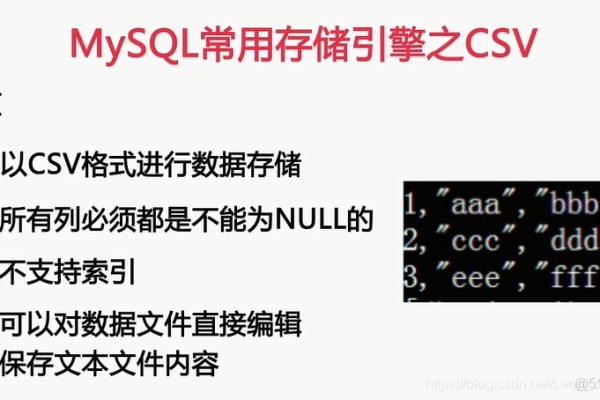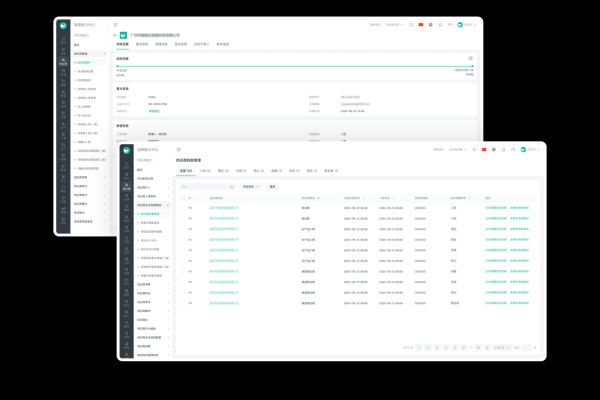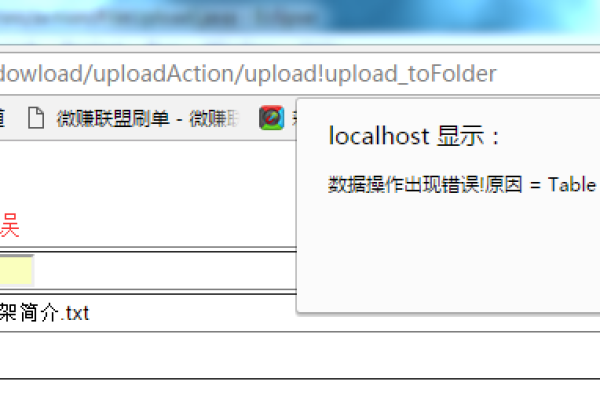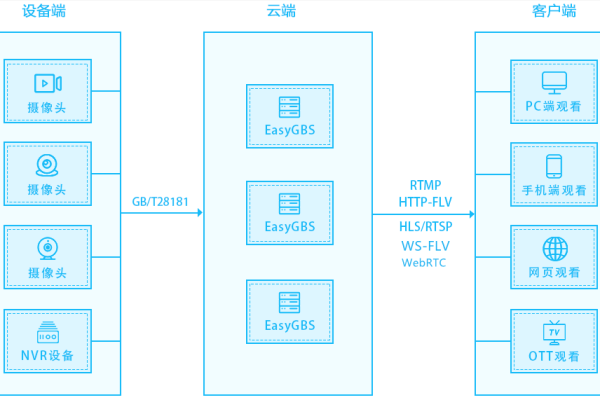如何在WooCommerce商店中高效批量添加新产品?
- 行业动态
- 2024-10-07
- 2
WooCommerce商店可以通过使用CSV文件批量上传新产品,具体步骤包括准备包含产品信息的CSV文件、在WooCommerce后台选择“产品”>“导入”,然后上传CSV文件进行批量导入。
在WooCommerce中批量上传新产品是一个高效管理产品目录的方法,尤其对于拥有大量产品的商店而言,以下是详细的步骤和建议,帮助您完成这一任务。
准备CSV文件
您需要准备一个包含所有产品信息的CSV文件,这个文件应该包括以下列:
| 列名 | 描述 |
| sku | 每个产品的唯一标识符 |
| name | 产品名称 |
| price | 产品价格 |
| regular_price | 正常价格(如果打折) |
| sale_price | 销售价格(如果有折扣) |
| description | 产品描述 |
| short_description | 简短描述 |
| categories | 产品分类,用逗号分隔的列表 |
| tags | 产品标签,用逗号分隔的列表 |
| stock_status | 库存状态(instock, outofstock) |
| weight | 产品重量 |
| dimensions | 产品尺寸(长x宽x高) |
| shipping_class | 运输类别 |
| tax_status | 税务状态(taxable, non-taxable) |
| date_created | 创建日期 |
| date_modified | 修改日期 |
使用WordPress导入工具
1、登录到您的WordPress后台。
2、导航至“工具”>“导入”。

3、选择“WooCommerce产品导入”并点击“立即安装”。
4、激活插件后,点击“运行导入器”。
5、选择准备好的CSV文件进行上传。
6、映射CSV文件中的列到WooCommerce产品字段,确保每一列与相应的字段匹配。
7、开始导入过程。
注意事项
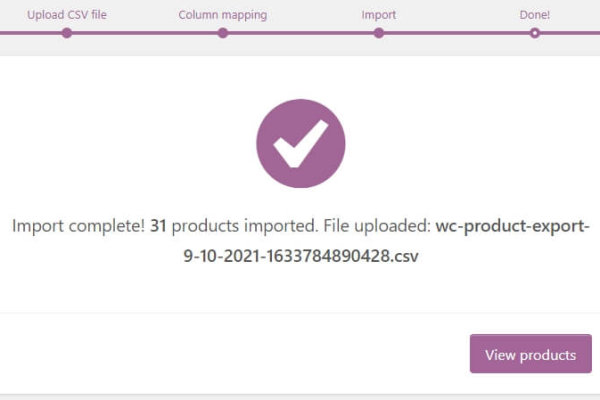
确保CSV文件中的数据格式正确无误。
在开始之前备份您的网站和数据库,以防万一出现问题可以恢复。
如果遇到问题,检查是否有必填字段遗漏或数据格式错误。
相关问题与解答
Q1: 如果导入过程中出现错误怎么办?
A1: 如果导入过程中出现错误,首先检查CSV文件中是否有格式错误或必填字段遗漏,确保每一列的数据都符合WooCommerce的要求,如果问题依旧,查看错误日志获取更详细的错误信息,并根据提示进行修正。

Q2: 如何更新已存在的产品信息?
A2: 如果您需要更新已存在的产品信息,可以创建一个包含新数据的CSV文件,然后重复上述的导入过程,在导入设置中,选择“更新现有产品”选项,这样新的数据将会覆盖旧的产品信息,请确保您的CSV文件中包含了所有需要更新的产品SKU,以便系统能够正确识别需要更新的项目。
小伙伴们,上文介绍了“WooCommerce商店如何批量上传新产品”的内容,你了解清楚吗?希望对你有所帮助,任何问题可以给我留言,让我们下期再见吧。

